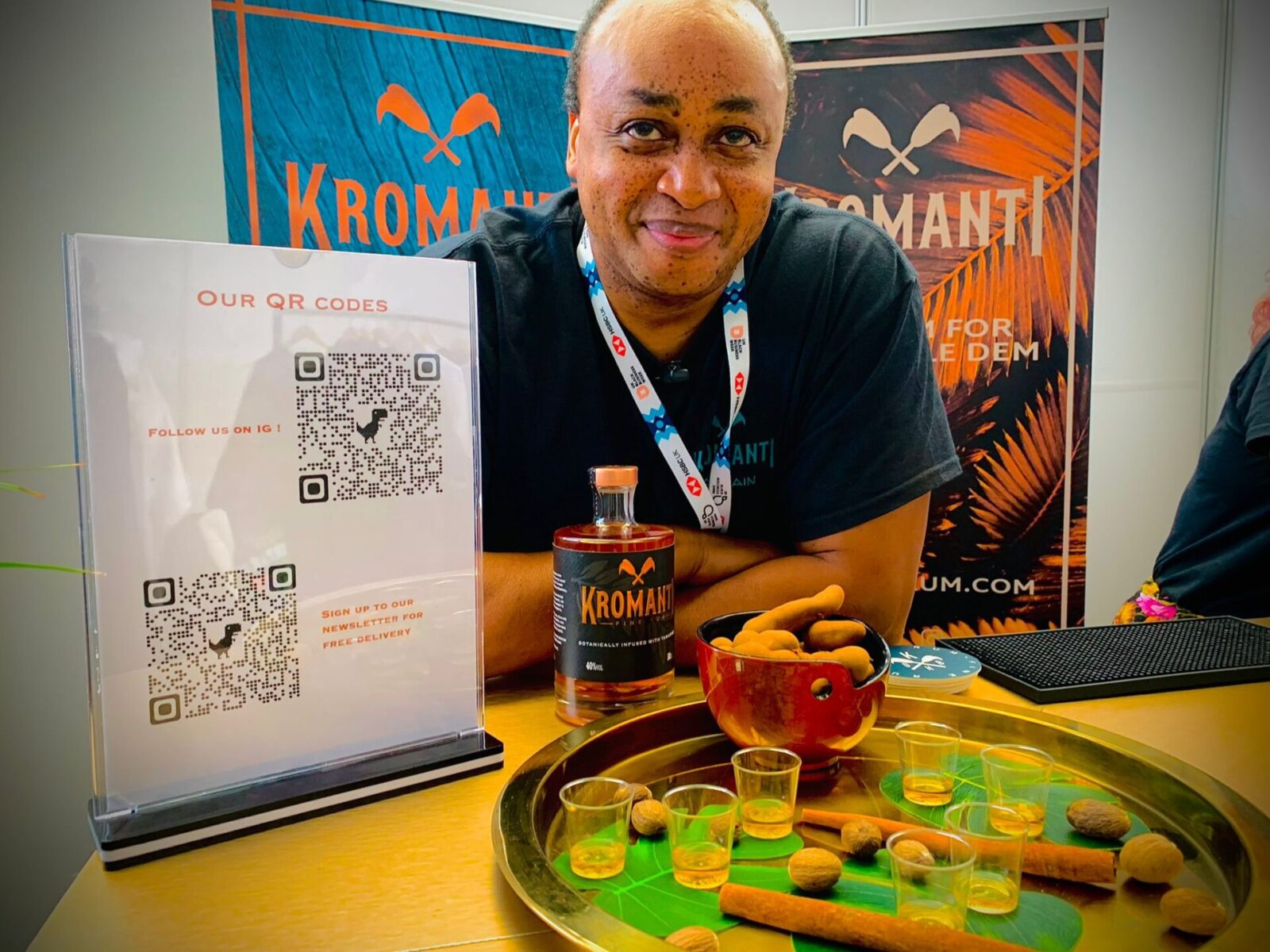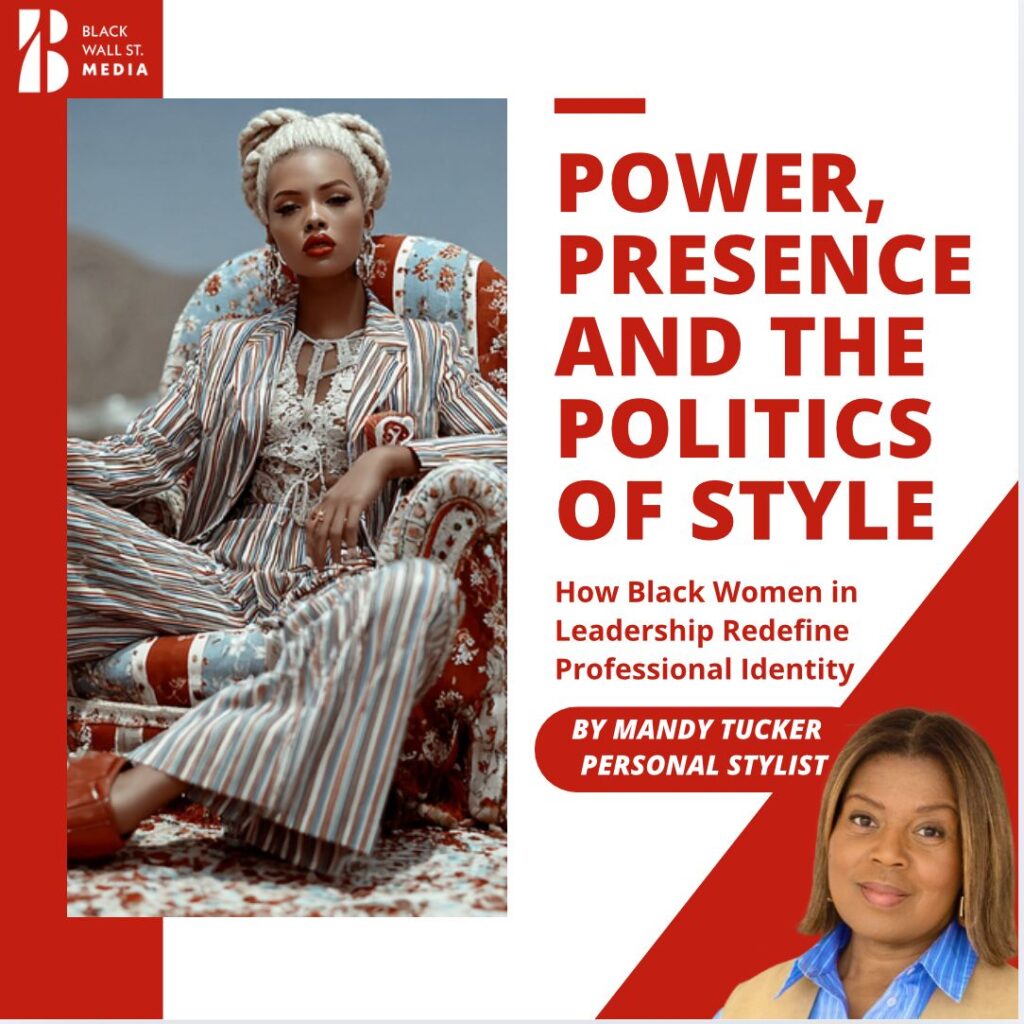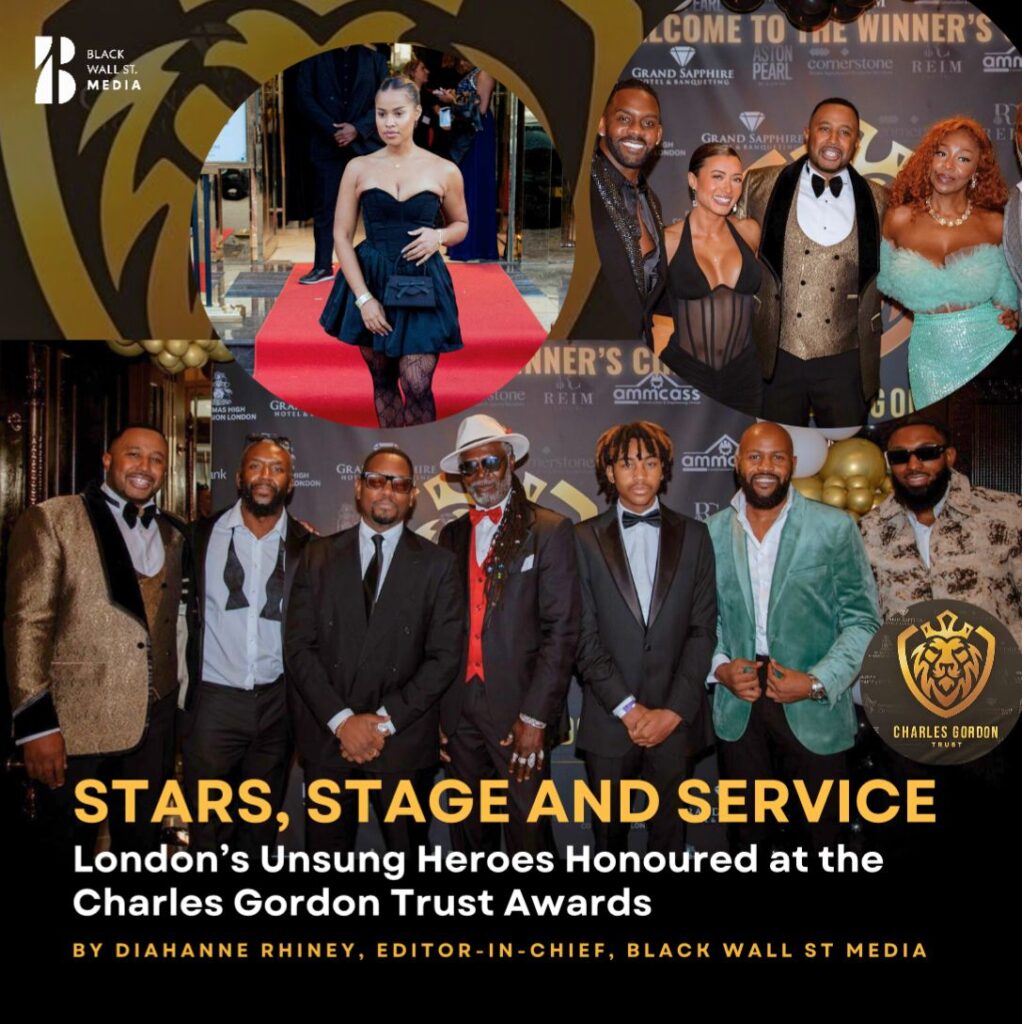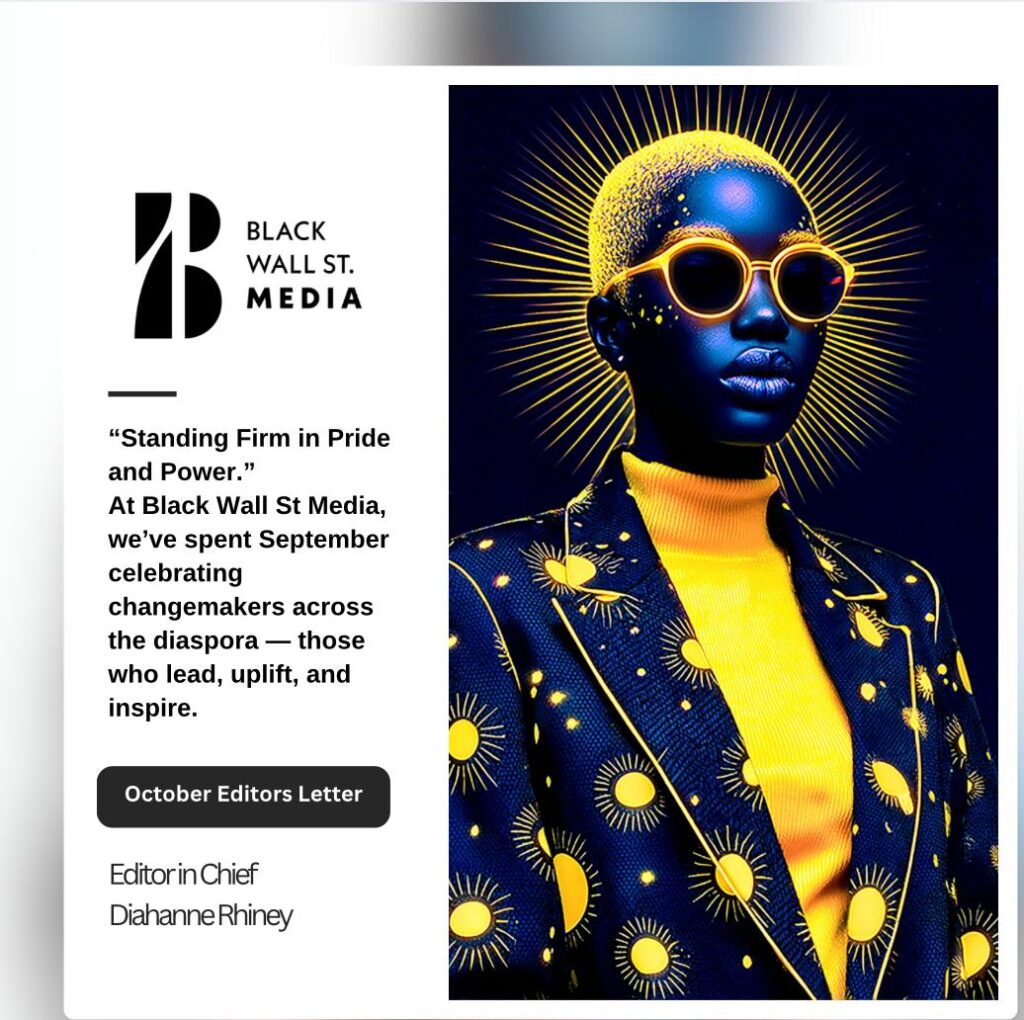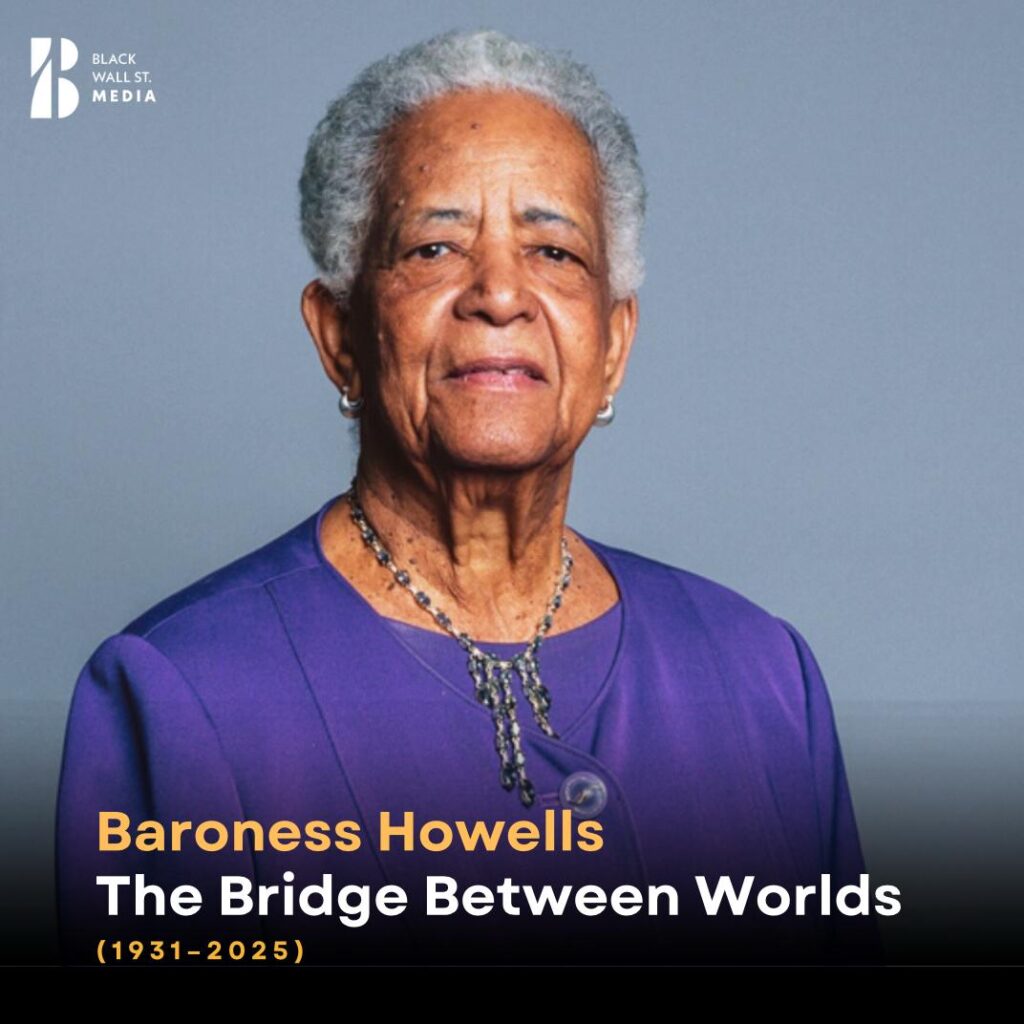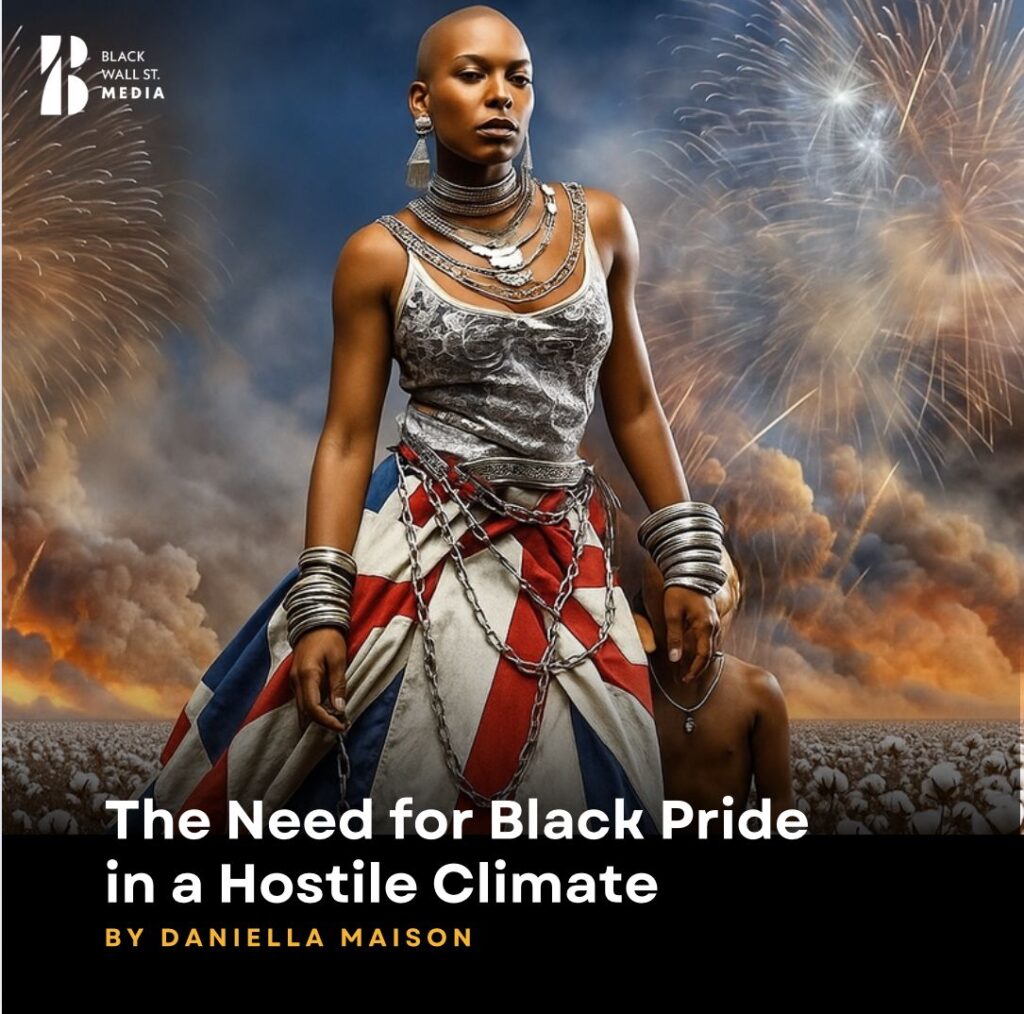“Cashain David was born in the UK but has a strong connection to his heritage in Carriacou, Grenada - his rum is all about sharing stories and community, not just mixing drinks”
Black Wall St. MediaContributor
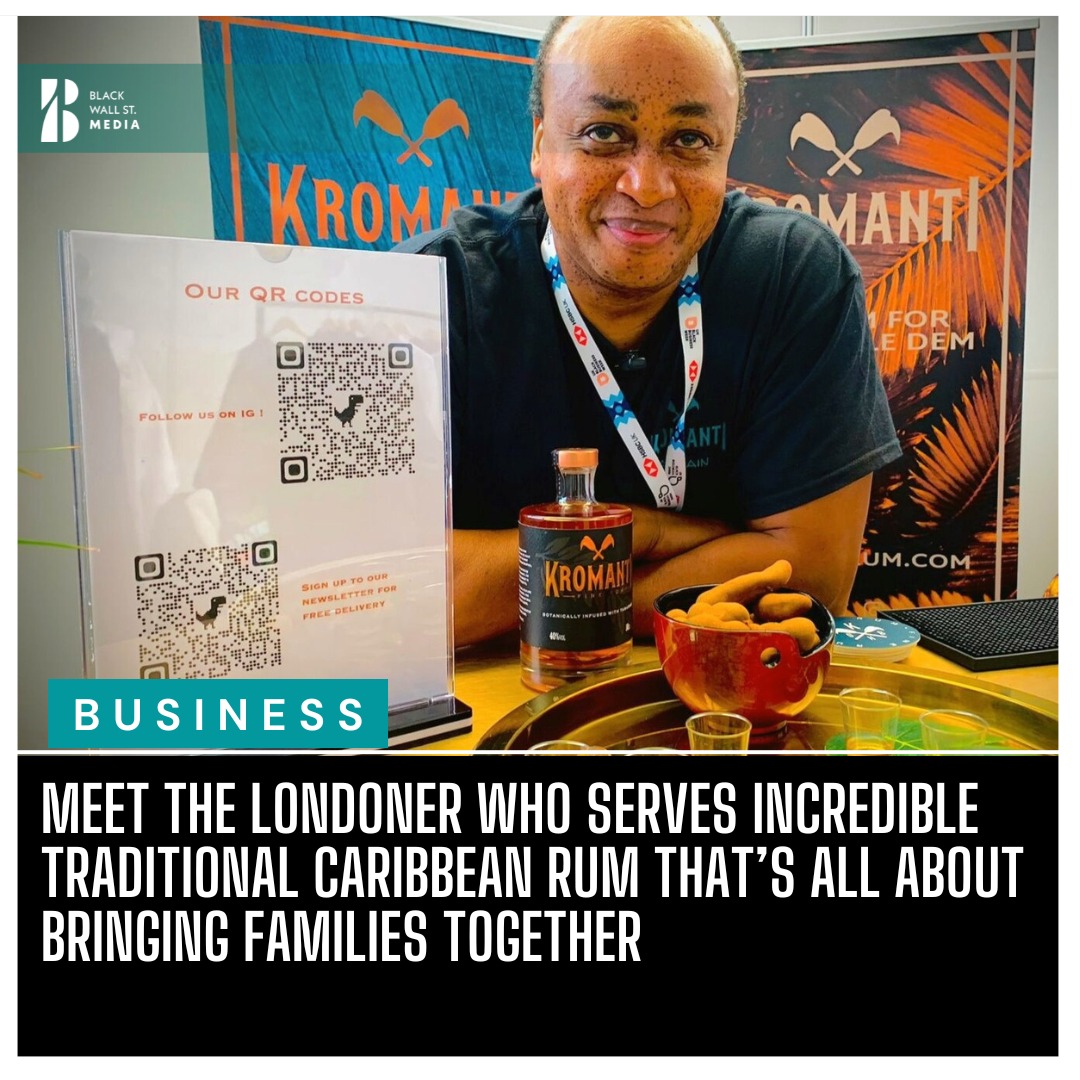
“Double rum and Coke please,” is a phrase heard in every London bar and pub every night of the week. The rich, spicy, treacly and sometimes fruity spirit is a popular drink, but its traditions go far deeper – they evoke a spirit of community, connection and heritage that is inherent in Caribbean culture.
Rum has so much significance that Cashain David, now CEO and Rum Architect of Kromanti, remembers his Caribbean family always pouring out symbolic glasses of rum despite never drinking alcohol themselves.
The East London rum master was born and raised in Yorkshire, England but had a strong connection to his Caribbean heritage – his family are from Carriacou, a small island that’s part of Grenada – and rum, for him, is about sharing stories and connecting with communities.
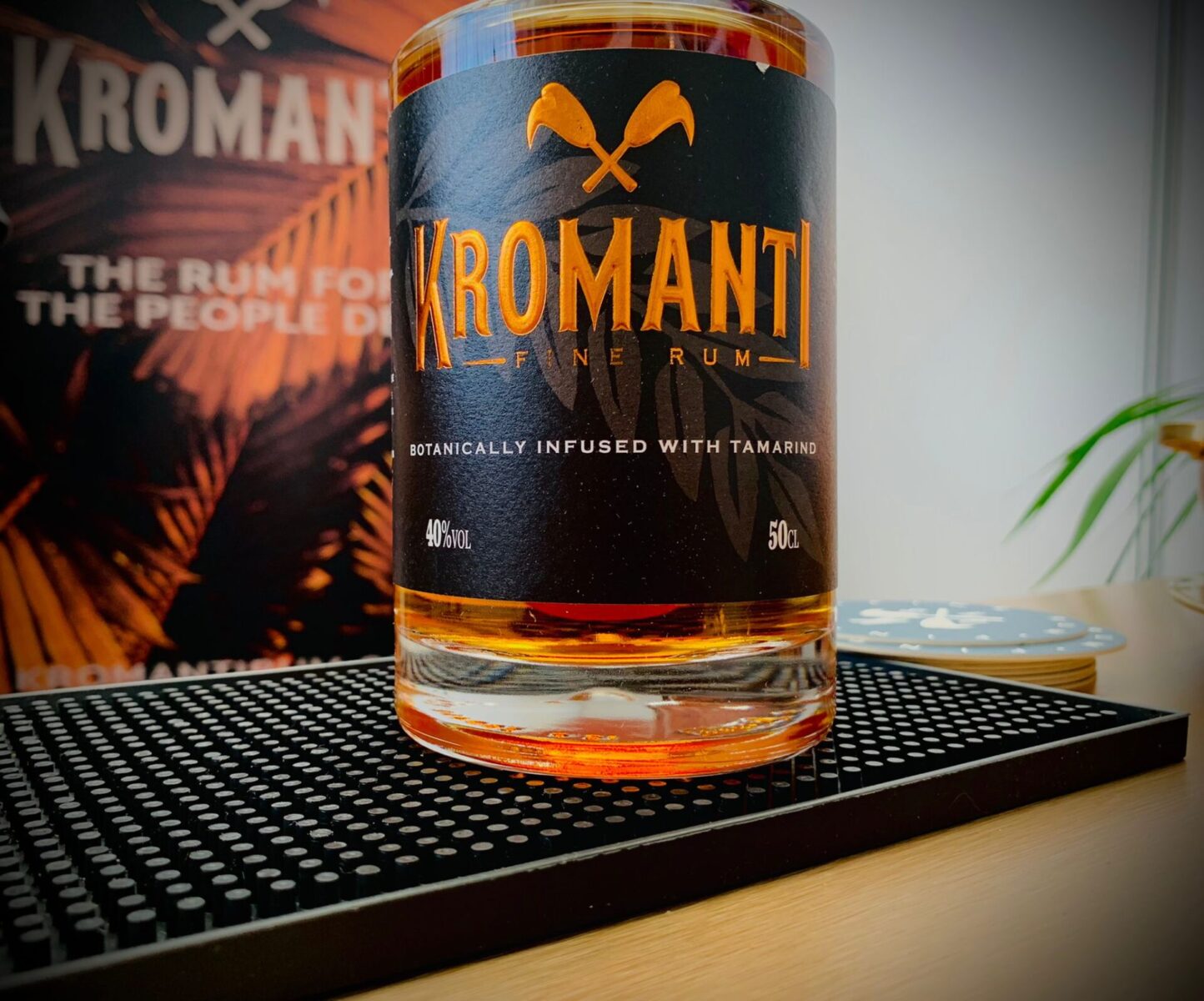
“Whenever there was a funeral, the bottle or rum would be brought out, and the first drink would be poured on the ground – saving the first drink from any bottle of rum for the ancestors who have come before you, bringing them to you.
“When families are brought together through marriage, you will often spill some rum on the ground, invoking the spirits of togetherness, of people and families being recognised. The same happens when people are born.”
Cashain said that these traditions aren’t always something he fully understood as a child, but the more that he learned about Caribbean history he realised how far back these rituals went and how intrinsic they were in his heritage.
He also made the salient discovery that rum was created as a byproduct of the sugar trade – a trade that was enabled by slavery – and that the traditions of rum were carried around the world by enslaved people.
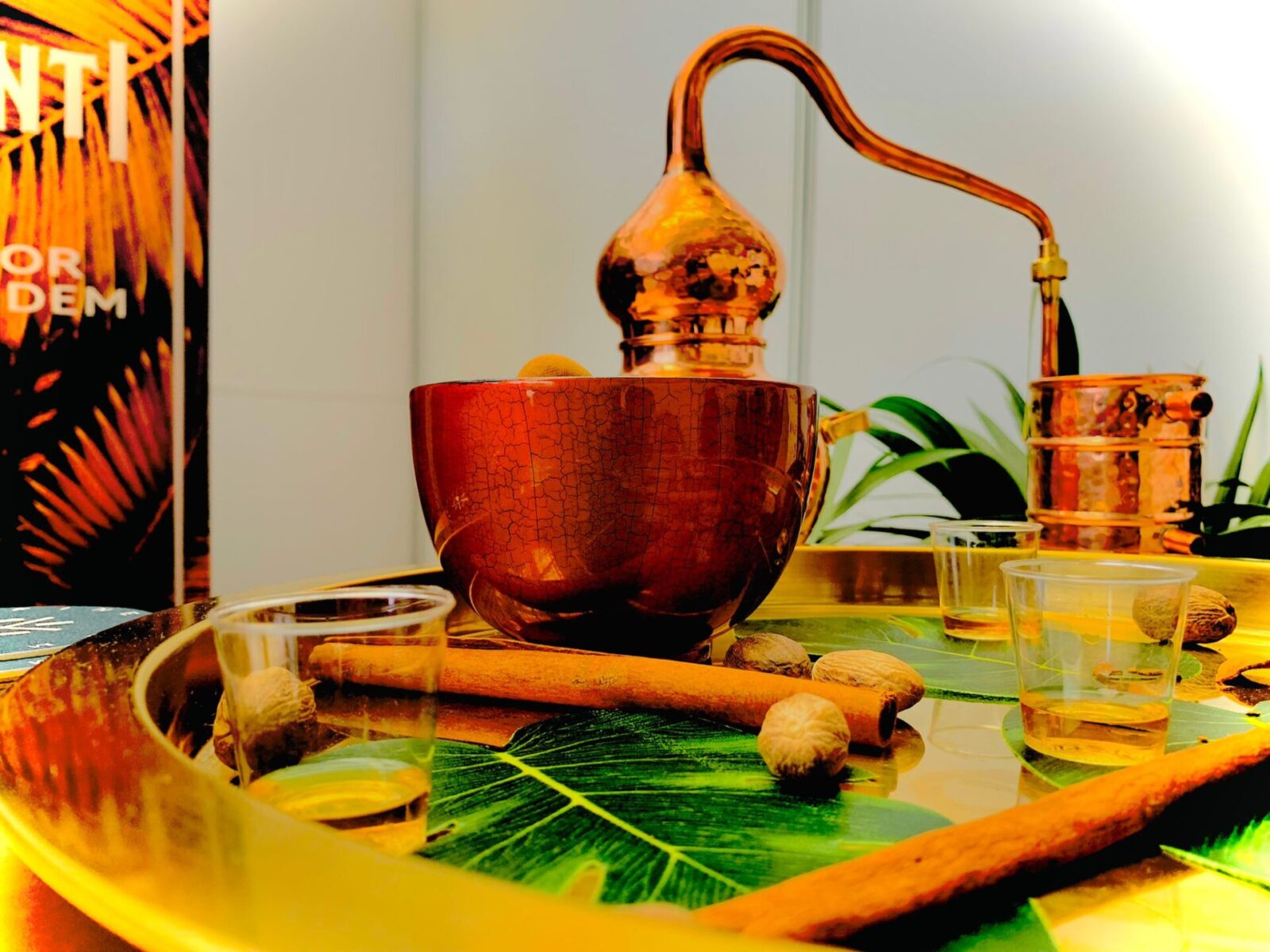
“As a young child growing up in Yorkshire in the Caribbean community, rum shows up when you’re ‘hatched, matched and dispatched’,” Cashain, 57, said.
“It’s throughout all of the different life cycles. Rum is something that is used to celebrate, to remember, to call upon people’s hidden strength, to recognise the wisdom of those who have gone before us and passed over.
Celebrating Caribbean heritage through rum
With Kromanti, Cashain wanted to create a rum that held the spirit of heritage, connection and togetherness at its core, while also recognising the historical significance of the beverage and reclaim its distinctly Caribbean nature.
“It [is not] just about a liquid that you can have a party with, get inebriated with – I’ve never understood rum in that way,” Cashain said.
“I’ve always understood it as having a much more spiritual significance – there’s an aspect of the rum story that is rarely heard. An aspect of individual stories.”
One way that Kromanti rum maintains this traditional significance is in its ingredients: it is infused with Caribbean herbs and botanicals, just like homemade rum is in Caribbean households, with a view to celebrate that heritage and pass on the legacy.
“When I’ve gone back to the Caribbean, and when my children have gone back to the Caribbean, [we’ve found] it’s very common for each household to have a blend, a bottle of rum that’s infused with a bark, or a spice, or whatever,” he said.
“And that knowledge of what you infuse for what purpose is actually one of the things I was fascinated about: how do we retain this information and be able to pass it on?”
Building inter-generational connections to keep history alive
Cashain also places an emphasis on building connections, which Kromanti does in its marketing and presentation of its product, encouraging people to maintain the rum’s traditions.
Cashain has worked in mental health as his day job for the last 30 years, and feels that connection – with each other, with heritage, with ourselves – is an essential facet of happiness that he wants his rum to embody.
He realised, both personally and through speaking with others, that younger people of Caribbean descent often had less of a sense of self, of where they’d come from, and he wanted to use the traditions of rum to reignite that fire.
He wanted to connect the younger generation to the stories and wisdom of elders from their community, to ensure that stories of rum’s cultural significance and ritual history, as well as more general personal histories, don’t die out.
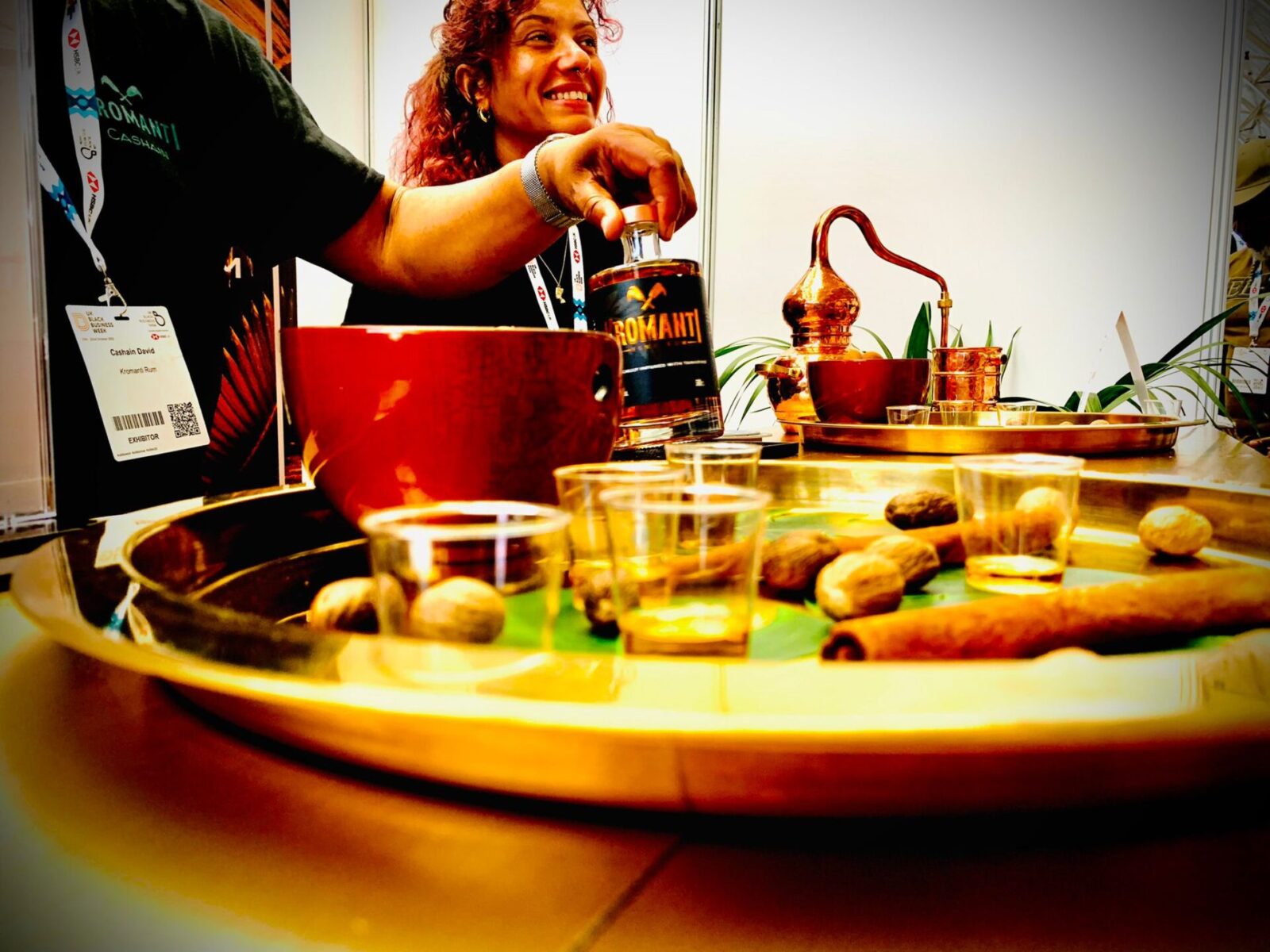
“It was something that I thought was really important, that people have a sense of who they are and what their value is based on.
I think that a lot of people take it for granted, who they are and what their history is, and other people have to discover it,” said Cashain, who has been building his own knowledge of his heritage and ancestry and wants others to be able to do the same by opening up conversations with elder family members.
“Kromanti is a product of very deep roots,” he continued.
“Deep roots in people’s lived experience, in real culture, in real stories – it’s something that was driven by a passion to leave a legacy, but also to find a way to engage that next generation and provide them with something that would help them understand who they are, their strengths, and things that they could rely on in times of adversity.”
Kromanti has won a grant from dating app Bumble, part of its ‘Bumble Black-owned Small Business Grants’ initiative, to produce a series of videos of inter-generational conversations where elder family members pass on knowledge and wisdom to their children and grandchildren.
“What is their life experience? What’s the wisdom that they want to pass on to the next generation? What are the interesting things that we don’t ask our parents or our grandparents?
“We’re giving them this opportunity to ask those questions, to be interested, to be enthralled. It’s that opportunity of getting together.
“Hopefully it will encourage other people to do the same. My real desire is that people will take our lead and sit down and ask their parents and their grandparents questions,” he added.
“We’ve been through a very difficult period with a lot of our uncles and aunties and parents who came over as young children in the Windrush and got caught up in the whole terrible scandal. It’s become quite a big issue, and this is one way to recognise their contribution and to hear their stories in a very intimate way.
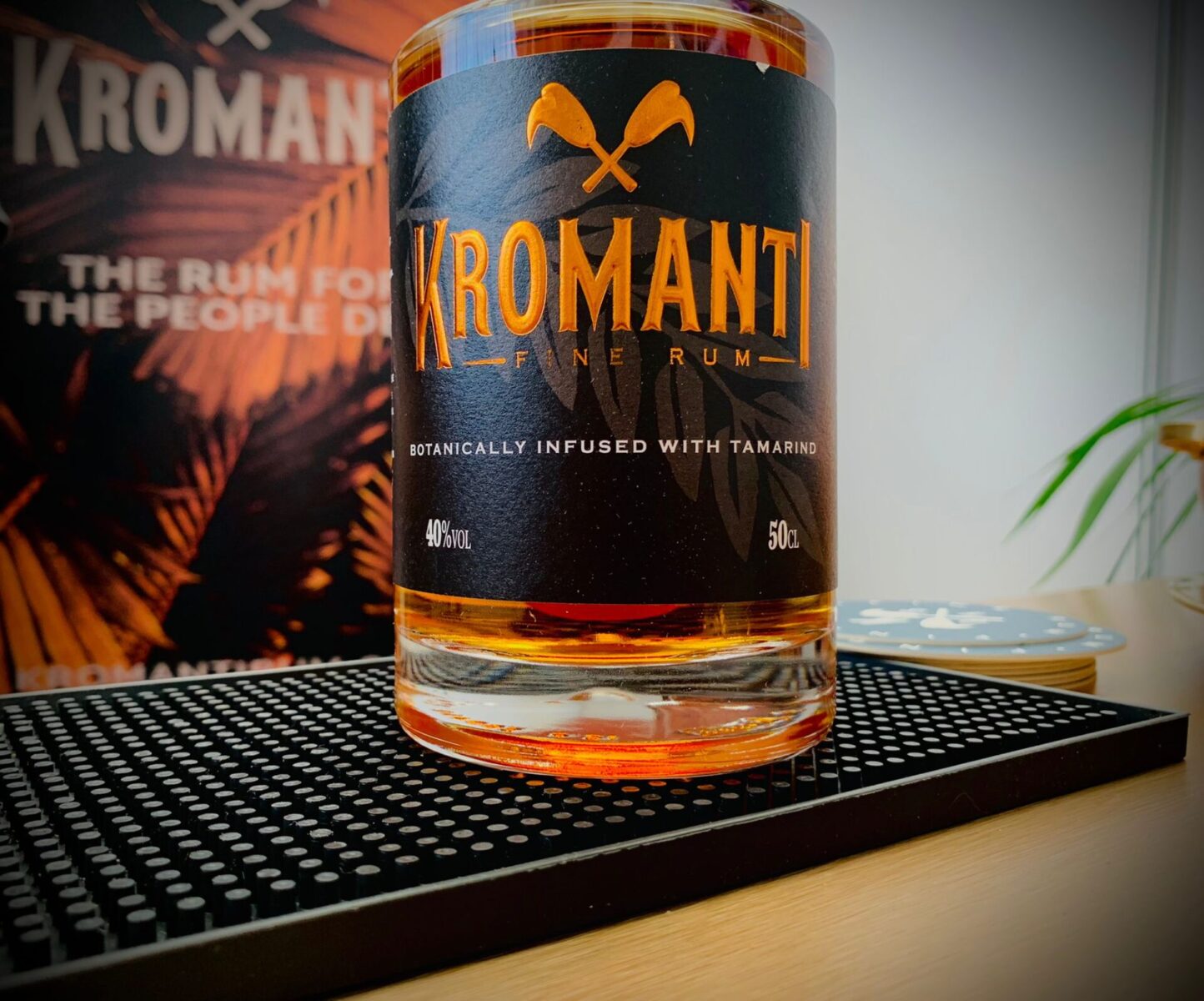
Black Wall St. MediaContributor

